hands-on learning trips
- Caleb Mullenix
- Oct 31, 2025
- 4 min read
Ensuring meaningful educational experiences for students requires moving beyond traditional classroom boundaries into immersive, interactive environments. Hands-on learning trips represent one of the most effective methods for transforming abstract concepts into tangible, memorable experiences that significantly enhance student engagement and academic performance.
Research consistently demonstrates that students participating in hands-on learning experiences score higher on standardized assessments, exhibit improved behavior patterns, and develop stronger critical thinking capabilities. These educational excursions serve as powerful catalysts for deep learning, connecting classroom theory with real-world applications in ways that traditional instruction cannot replicate.
Understanding the Educational Impact of Interactive Field Experiences
Begin by recognizing the profound educational benefits that hands-on learning trips provide. Studies indicate that students who participate in culturally enriching field experiences demonstrate measurable improvements in academic performance, with benefits becoming increasingly pronounced as students progress through middle school years.
These interactive experiences promote essential 21st-century skills including critical thinking, creativity, collaboration, and communication. Students engage directly with subject matter experts, observe professional environments, and participate in authentic learning scenarios that bring curriculum standards to life.
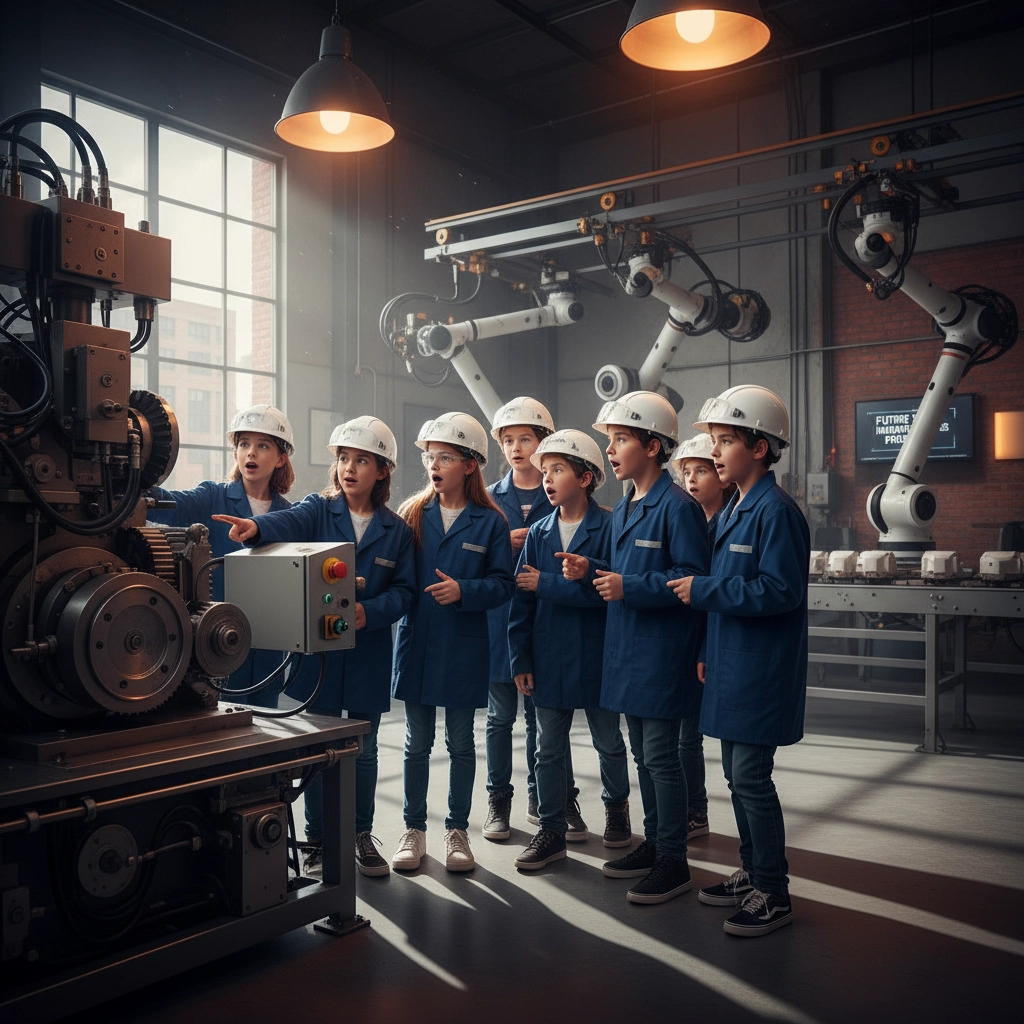
Consider the socialization benefits that extend far beyond academic achievement. Students develop confidence through interactions with peers and professionals in novel environments, while building communication skills through guided discussions and expert-led presentations. These experiences foster curiosity and encourage students to ask probing questions, make detailed observations, and engage with complex concepts through multiple sensory channels.
Categories of Hands-On Learning Opportunities
Manufacturing and Industrial Learning Environments
Organize visits to manufacturing facilities, production centers, and industrial operations to provide students with comprehensive understanding of engineering principles, supply chain management, and technological applications. These environments offer unique opportunities to observe robotics in action, understand quality control processes, and explore diverse career pathways in science, technology, engineering, and mathematics fields.
Schedule tours of automotive manufacturing plants, food production facilities, or technology companies where students can witness the practical application of scientific principles in real-world settings. Ensure advance coordination with facility managers to align tour content with specific curriculum objectives and grade-level appropriateness.
Natural Science and Geological Exploration Sites
Plan excursions to caves, nature centers, geological formations, and environmental research stations where students can conduct field research, collect data, and observe ecological systems firsthand. These destinations provide exceptional opportunities for earth science investigations, environmental studies, and biological research experiences.
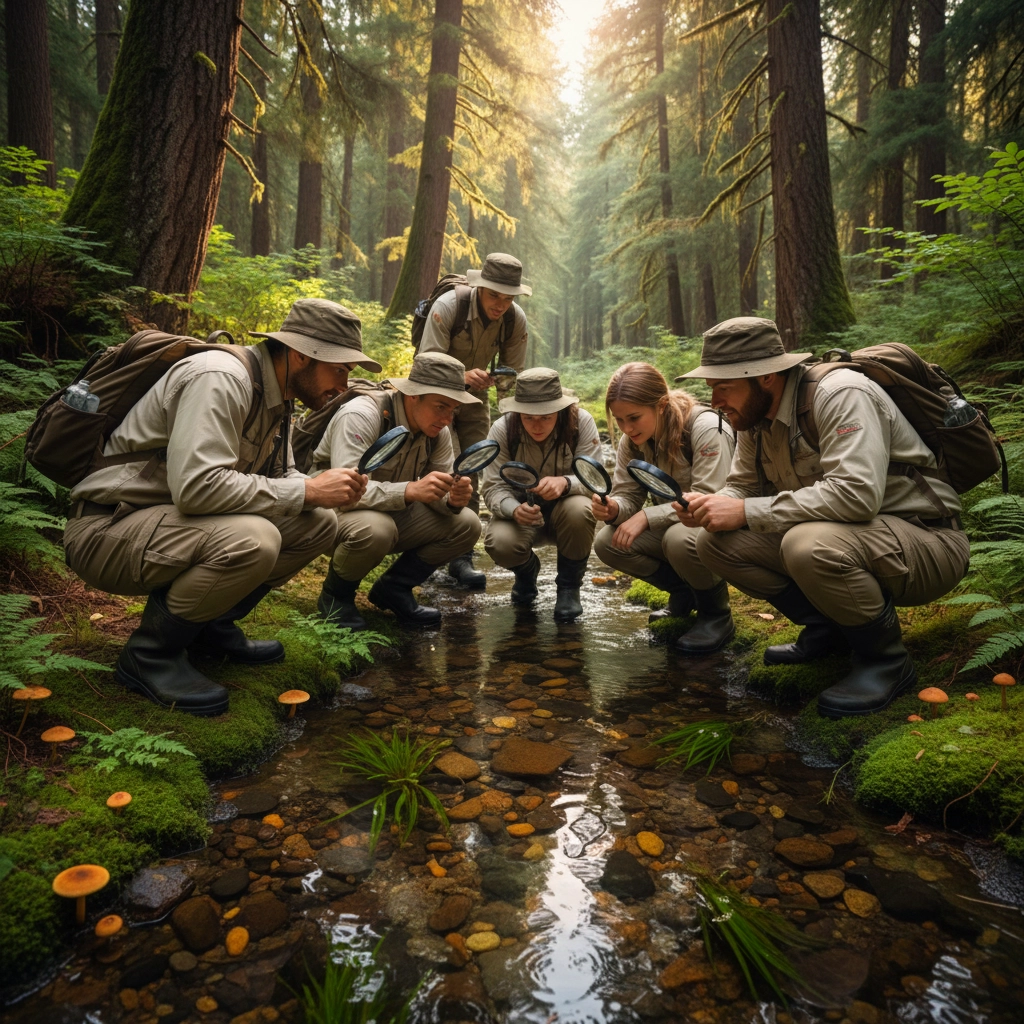
Coordinate visits to orchards, botanical gardens, and agricultural operations during seasonal periods when students can participate in harvesting activities, observe plant life cycles, and understand sustainable farming practices. These experiences connect students with natural processes while reinforcing concepts in biology, chemistry, and environmental science.
Cultural and Scientific Institution Partnerships
Establish partnerships with museums, science centers, planetariums, and historical sites that offer specialized educational programming aligned with curriculum standards. These institutions frequently provide expert-guided tours, interactive exhibits, and hands-on laboratory experiences designed specifically for student groups.
Arrange visits to art galleries, cultural centers, and historical landmarks where students can examine primary sources, analyze artistic techniques, and engage with cultural heritage in meaningful ways. These experiences enhance understanding across multiple disciplines while developing critical analysis skills.
Planning and Implementation Strategies
Pre-Trip Preparation Protocols
Begin planning hands-on learning trips well in advance to ensure comprehensive preparation and maximum educational benefit. Research potential destinations thoroughly, evaluating their alignment with curriculum objectives, safety standards, and logistical requirements.
Create detailed pre-trip learning modules that introduce students to key concepts, vocabulary, and expected outcomes. Provide students with specific observation tasks, data collection sheets, and reflection questions that will guide their engagement during the experience.
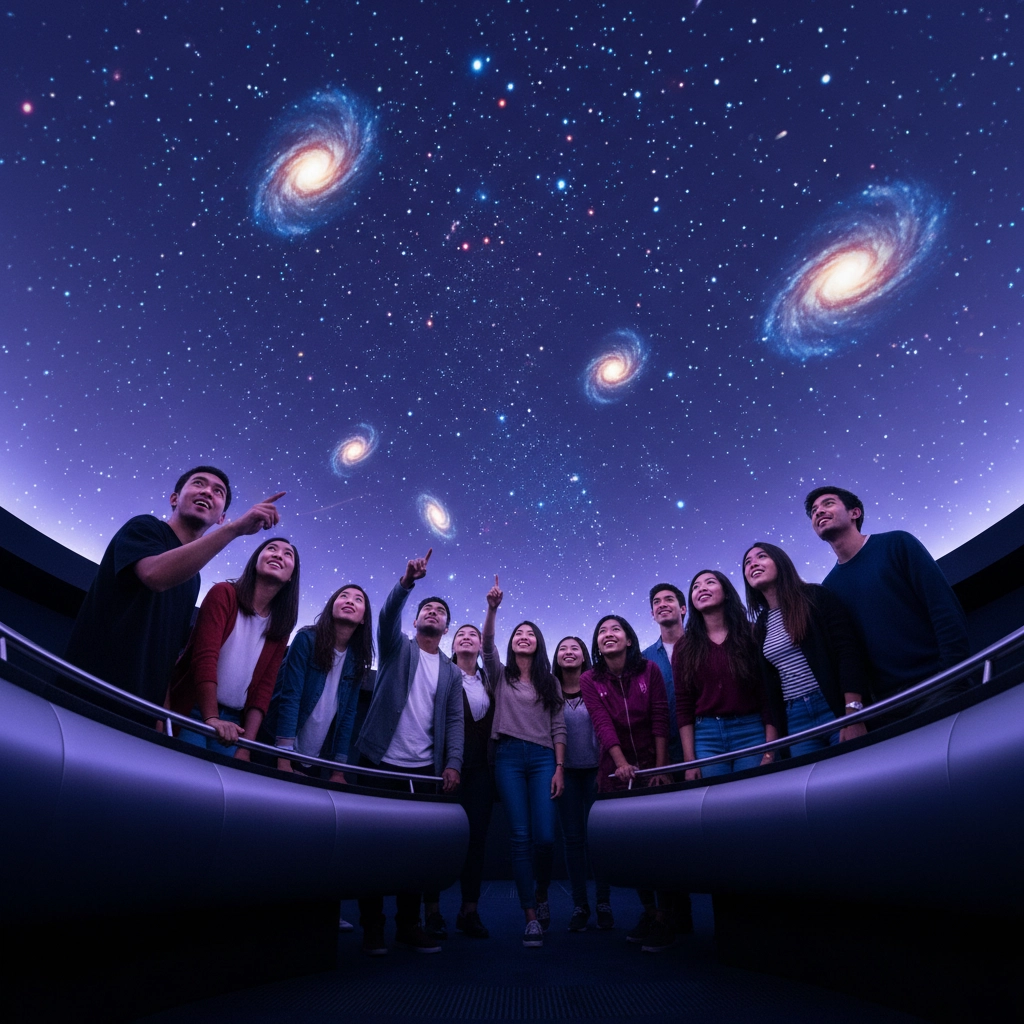
Communicate extensively with parents, administrators, and destination personnel to establish clear expectations, emergency procedures, and educational objectives. Distribute comprehensive information packets that include itineraries, safety protocols, required materials, and contact information for all parties involved.
Safety and Risk Management Considerations
Prioritize student safety through meticulous risk assessment and emergency planning procedures. Conduct thorough site visits prior to student arrival, evaluating potential hazards, accessibility requirements, and supervision needs.
Establish clear behavioral expectations and communication protocols that ensure student safety while maximizing learning opportunities. Prepare comprehensive emergency action plans that address various scenarios, including medical emergencies, severe weather conditions, and communication disruptions.
Maintain appropriate supervision ratios based on student age groups, destination characteristics, and activity requirements. Ensure all supervising adults understand their responsibilities, emergency procedures, and educational objectives for the experience.
Assessment and Follow-Up Activities
Design authentic assessment opportunities that allow students to demonstrate learning through multiple formats including presentations, research projects, scientific reports, and creative expressions. These assessments should directly connect to curriculum standards while reflecting the unique learning experiences gained through hands-on engagement.
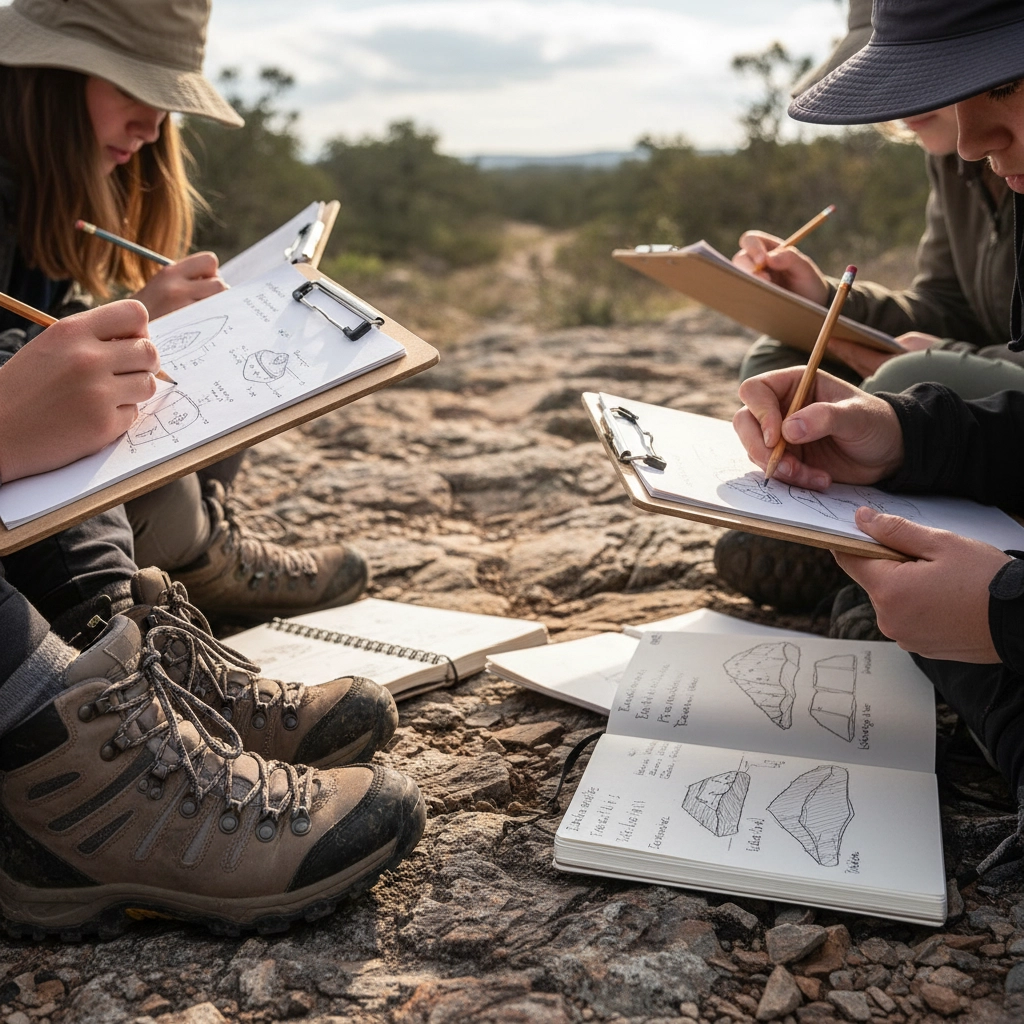
Implement structured reflection activities that encourage students to analyze their observations, draw connections between field experiences and classroom learning, and identify areas for further investigation. These reflective practices solidify learning outcomes and promote deeper understanding of subject matter.
Maximizing Educational Value Through Expert Partnerships
Collaborate with destination experts, tour guides, and subject matter specialists who can provide insights and knowledge beyond traditional classroom resources. These professionals offer unique perspectives, current industry knowledge, and specialized expertise that enriches the educational experience significantly.
Encourage students to prepare thoughtful questions in advance, facilitating meaningful dialogue between students and experts. These interactions provide valuable mentorship opportunities while exposing students to diverse career pathways and professional expectations.
Technology Integration and Documentation
Incorporate appropriate technology tools that enhance data collection, documentation, and analysis capabilities during hands-on learning experiences. Provide students with opportunities to use scientific instruments, digital cameras, measurement devices, and recording equipment that professionals utilize in their work.
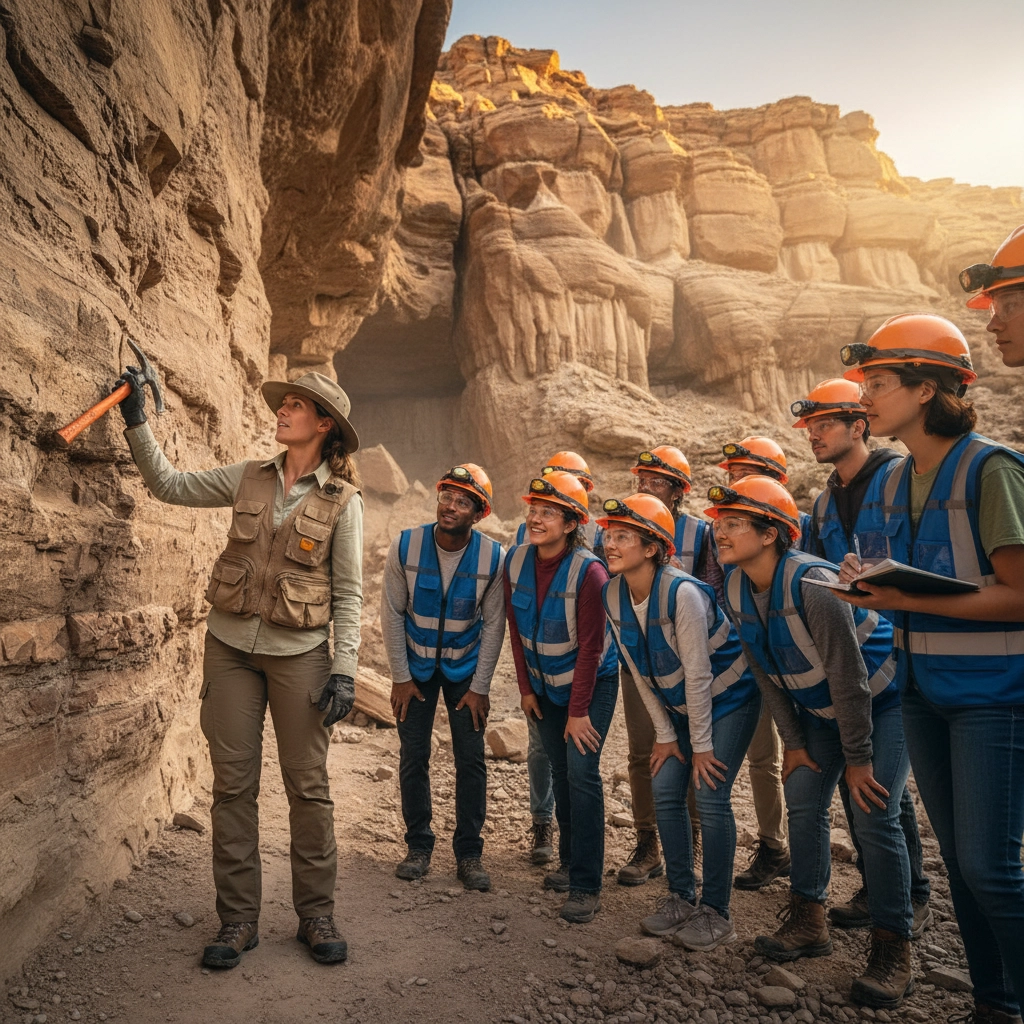
Establish protocols for documenting experiences through photography, video recording, data collection, and written observations that can be utilized for post-trip analysis and presentation activities. These documentation practices create valuable resources for future learning while developing digital literacy skills.
Long-Term Educational Impact and Continuation
Plan follow-up activities that extend learning beyond the immediate field experience, creating opportunities for continued investigation, research, and application of newly acquired knowledge. These continuation activities might include classroom experiments, community service projects, or collaborative research initiatives.
Consider establishing ongoing partnerships with field experience destinations that allow for repeated visits, seasonal observations, or extended research projects that span multiple academic periods. These sustained relationships provide opportunities for deeper learning while building lasting connections between students and professional communities.
For educators seeking comprehensive hands-on learning experiences that combine rigorous academic content with unforgettable adventures, Appleseed Expeditions specializes in creating customized educational travel programs that bring classroom concepts to life through expert-guided exploration and immersive learning opportunities.
Through careful planning, comprehensive preparation, and strategic implementation, hands-on learning trips transform educational experiences while providing students with invaluable opportunities for growth, discovery, and academic achievement that extends far beyond traditional classroom boundaries.



Comments